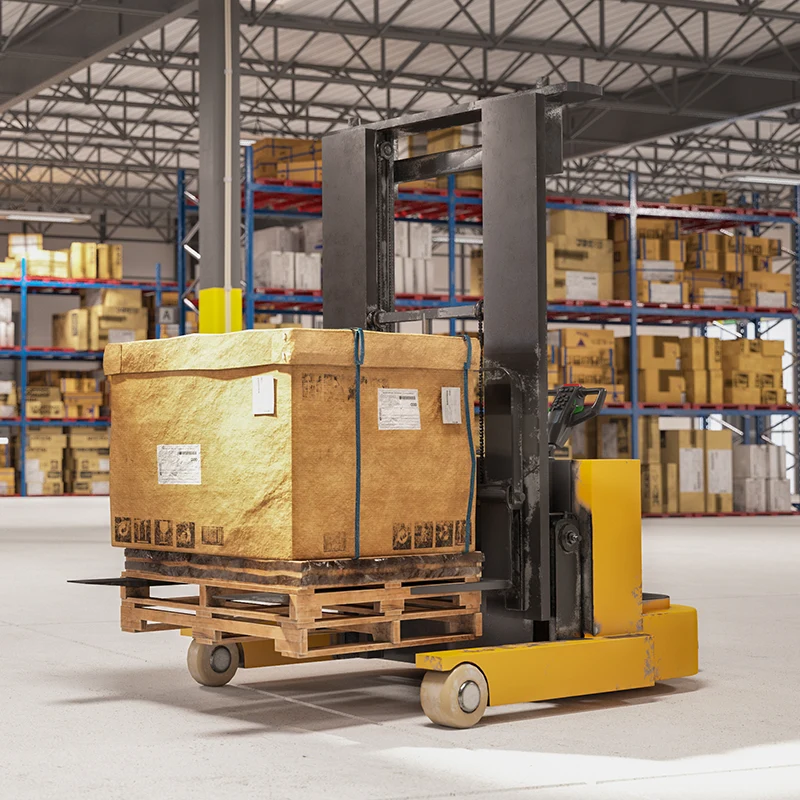Main Advantages of Solid Tires
2025-07-02
Solid tires, also known as airless or non-pneumatic tires, have become increasingly popular in various industrial and commercial applications. Unlike traditional pneumatic tires filled with air, solid tires are made from solid rubber or a combination of rubber and other durable materials. Their design makes them especially useful in heavy-duty environments, such as construction sites, warehouses, and forklifts. Below are the main advantages that solid tires offer over traditional tire types.
1. Puncture Resistance
One of the most significant advantages of solid tires is their resistance to punctures. Since they are made entirely of solid material, they do not suffer from flats or blowouts caused by nails, glass, or other sharp objects. This feature makes them ideal for hazardous environments where tire damage is a frequent concern.
2. Low Maintenance
Solid tires require less maintenance compared to pneumatic tires. There is no need to check air pressure or repair punctures, which reduces downtime and the cost of maintenance. For businesses relying on continuous operation, such as logistics or construction, this reliability is a key advantage.
3. Durability and Long Life
Solid tires typically last much longer than air-filled tires. They are designed to withstand rough terrains, heavy loads, and continuous usage. This extended lifespan translates into better long-term value and less frequent tire replacements, further lowering operating costs.

4. Stability and Load-Bearing Capacity
Due to their construction, solid tires provide excellent stability. They have a low center of gravity and resist deformation under heavy loads. This makes them ideal for applications involving heavy equipment and machinery, where stability and load-bearing capacity are critical for safe operation.
5. Better Performance in Industrial Applications
In environments such as warehouses, factories, and construction sites, solid tires offer better performance. They provide consistent traction on various surfaces and are less affected by changes in temperature or terrain. Their rigidity also makes them suitable for indoor use where maneuverability and precision are important.
Conclusion
Solid tires offer numerous advantages, particularly in demanding industrial settings. Their puncture resistance, low maintenance needs, high durability, load-handling capabilities, and dependable performance make them a superior choice for many heavy-duty applications. While they may not be ideal for all vehicles—especially those needing a softer ride—they are an excellent solution for environments where tire reliability and longevity are essential.
As a professional manufacturer and supplier, we provide high-quality products. If you are interested in our products or have any questions, please feel free to contact us.